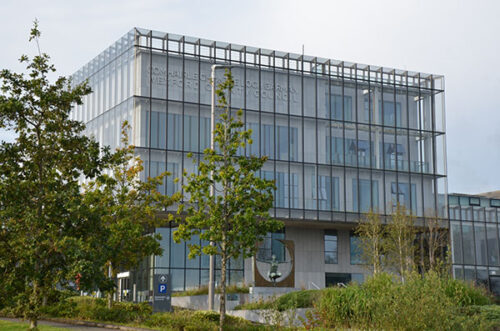In a robust discussion on Morning Mix earlier Wexford County Council Chair Pip Breen and Sinn Féin’s Fionntán Ó Súilleabháin engaged in a lively debate regarding the ongoing property tax policy and its implications for local funding.
Pip Breen opened the conversation by clarifying that the current property tax rate, which includes a 15% increase, is not a new development but has been in place for the past two years. He argued that this revenue, amounting to €1.9 million, is essential for funding local projects and that the council has come to rely on these funds for its operations.
Cllr. Breen emphasized that calls to reduce the tax would mean losing vital funding that supports various district projects, arguing that the tax is merely maintaining the status quo rather than imposing a new burden on residents. He also pointed out that rising costs in council services—due to wage increases and inflation—necessitate this revenue.
Fionntán Ó Súilleabháin countered Breen’s arguments, describing the 15% tax as a significant burden on residents, particularly amid a living crisis. He challenged the legality of Breen’s proposal to exclude certain councillors from accessing dedicated funding, asserting that it undermines democratic principles and that funding must be equitably distributed among all councillors.
Cllr. Ó Súilleabháin pointed to a lack of adequate funding from the central government for crucial infrastructure projects, arguing that the local property tax increase would not address the deeper financial issues faced by Wexford County Council. He criticized the government’s history of cuts, which have severely impacted local services, and highlighted the need for a sustainable income source for the council rather than relying on property taxes.
The debate highlighted the contrasting perspectives on the property tax issue within Wexford County Council. While Pip Breen defends the tax as necessary for local governance, Fionntán Ó Súilleabháin argues for a more equitable and sustainable approach to funding that doesn’t overburden residents.

